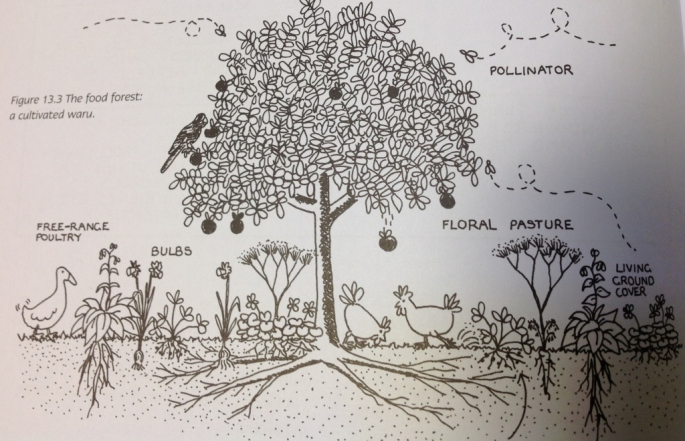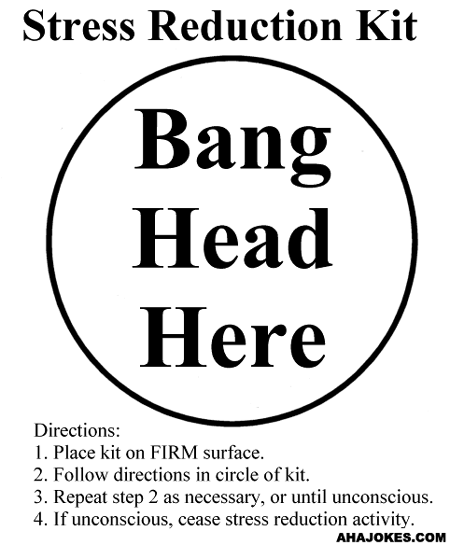Have you immersed your students in nature this year? We would love to help you with your next excursion and have a range of new and existing programs in a variety of subject areas to inspire, engage and enhance the learning of your students.
As an added bonus – all visiting teachers will receive 4hrs (BOSTES registered) field work professional learning!
Our NSW Environmental Education Centres are all staffed by trained teachers who have a passion for outdoor learning and specialist skills environmental and sustainability education.
Prices listed are for Public Schools only.
Stage 1
| Program | Syllabus | Price |
| Reptile Recon. | Science & Tech – Natural Environment: Living World | $10/student |
| Past in the Present | History – The Past in the Present | $10/student |
| Where is Nessy (Incursion) | Science & Tech – Natural Environment: Living World | Flat Day Rate – $500 (max 60 students) |
Stages 2 & 3
| Program | Syllabus | Price |
| Aboriginal Education | History – First Contacts, Community and Remembrance | $15/student (includes Aboriginal Presenter) |
| Aboriginal Education (Incursion) | History – First Contacts, Community and Remembrance | Flat Day Rate – $900 (max 90 students, includes Aboriginal Presenter) Call Brewongle for Details |
| Barefoot Lawrence | History – First Contacts, Community and Remembrance | $10/student |
| Tawny Tragedy | Science & Tech- Natural Environment: Living World / Working Scientifically | $10/student |
| PhotoVoice (Incursion) | Visual Arts & Literacy | Flat Day Rate – $500 (max 60 students) |
| Art in the Environment (Incursion) | Creative Arts & Science & Tech: Living World | Flat Day Rate – $500 (max 60 students) |
In addition to our day programs and incursions, we also have camp facilities and programs for school groups.
Please phone Brewongle on 02 45 79 1136 for further information or to have one of our staff present at your staff meeting.








































































